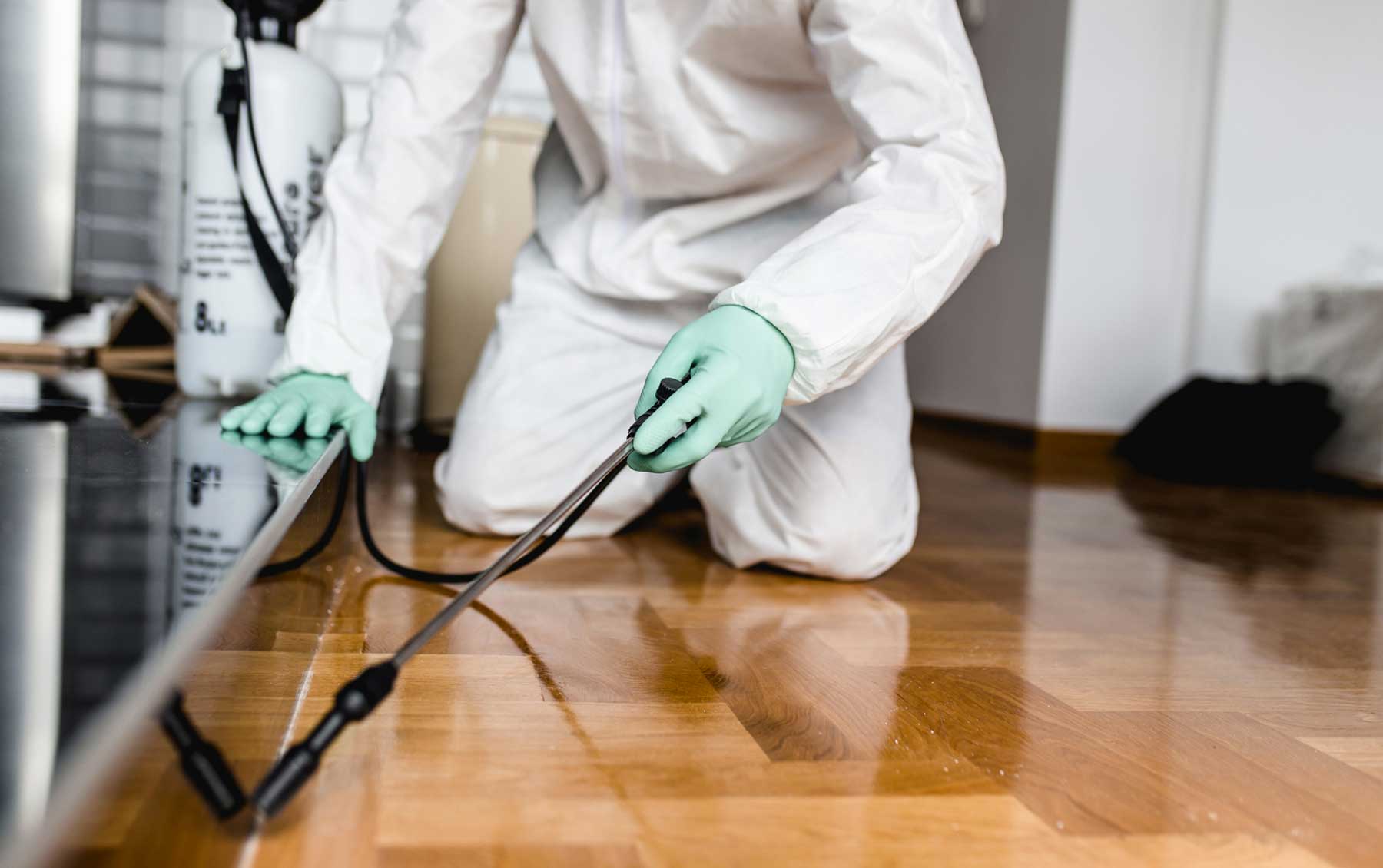Exterminator DC: Your Service for Pest-Free Residing In Washington DC!
Exterminator DC: Your Service for Pest-Free Residing In Washington DC!
Blog Article
Expert Pest Control Techniques for Long-Term Outcomes
Professional pest control techniques encapsulate a detailed method that starts with a detailed inspection and assessment, followed by accurate insect identification to understand their behavior patterns. The implementation of Integrated Insect Management (IPM) principles, coupled with eco-conscious treatments, forms the cornerstone of sustainable bug obliteration.
Assessment and Evaluation
Upon going into a residential or commercial property for bug control solutions, the preliminary step is an extensive assessment and evaluation to identify the extent of the infestation and establish one of the most efficient treatment plan. Specialist parasite control professionals are educated to thoroughly analyze the premises, looking for indicators of bug activity such as droppings, gnaw marks, nests, or any kind of structural damage. They will certainly likewise evaluate the problems that might be attracting parasites, such as food resources, water leaks, or access points.

Insect Recognition and Actions

In addition, comprehending the behavior of the recognized bug is essential to applying efficient control measures. Recognizing where insects nest, what they feed on, and their task patterns can help pest control specialists develop approaches to eliminate them successfully.
Integrated Insect Monitoring (IPM)
Integrated Insect Monitoring (IPM) techniques incorporate multiple methods to regulate and avoid parasite infestations in a lasting and environmentally friendly fashion. exterminator near me. By incorporating approaches such as biological control, habitat control, alteration of cultural methods, and using immune varieties, IPM aims to lessen the usage of chemical pesticides
One of the essential concepts of IPM is the focus on avoidance. This proactive method includes web surveillance pest populations on a regular basis to identify any potential problems prior to they intensify. By recognizing parasite problems at an early stage, pest control procedures can be applied promptly and effectively.
Furthermore, IPM promotes using non-toxic insect control techniques whenever possible. This can include employing natural predators of the insects, introducing advantageous bugs, or utilizing pheromones to disrupt mating patterns. By reducing reliance on chemical pesticides, IPM not just protects the setting yet additionally aids preserve a balance in the environment.
Environmentally-Friendly Treatments
Executing eco-conscious techniques in pest control procedures can properly resolve problems while focusing on ecological sustainability. Environmentally-friendly therapies concentrate on reducing the impact of parasite control approaches on environments, non-target organisms, and human health. These approaches commonly include the use of all-natural killers, such as ladybugs or nematodes, to control pest populaces, lowering the requirement for chemical interventions. In addition, methods like habitat adjustment, such as changing moisture degrees or eliminating food resources, can assist deter parasites without using damaging substances.
An additional key facet of environmentally-friendly treatments is making use of organic and naturally degradable items that break down swiftly without leaving hazardous deposits in the environment. Organic pesticides obtained from plants like chrysanthemums or neem supply effective bug control while posturing very little threat to non-target species. Using methods like heat treatments or scent reference catches can target details pests with precision, minimizing the total ecological influence of parasite control practices.
Continuous Tracking and Upkeep
Constant surveillance and upkeep are important elements of efficient bug control administration. Recurring surveillance plays a crucial role in ensuring that pest infestations are spotted early and handled quickly. Regular evaluations by qualified professionals are necessary to identify any indicators of parasite task, examine the efficiency of previous treatments, and make adjustments to the pest control strategy as required. By keeping an eye on insect populations over time, parasite control specialists can track patterns, expect potential concerns, and carry out safety nets to minimize the threat of future invasions.
Along with surveillance, maintenance methods are crucial for long-term insect control success. This includes carrying out correct sanitation steps to remove prospective food and water resources for pests, sealing entrance indicate protect against pests from entering the facilities, and attending to any kind of architectural issues that could help with insect invasions (Pest control Washington DC). By including recurring surveillance and upkeep right into an incorporated parasite monitoring approach, organizations can ensure a pest-free environment and safeguard their residential or commercial property against costly damage their website and health threats
Verdict
In verdict, making use of expert bug control methods such as extensive evaluation and assessment, accurate parasite recognition and understanding of their habits, integrated pest management approaches, environmentally-friendly therapies, and continuous monitoring and upkeep are crucial for accomplishing long-term results in parasite control. By carrying out these techniques, people can properly handle pest problems and preserve a pest-free environment in a lasting way.
Report this page